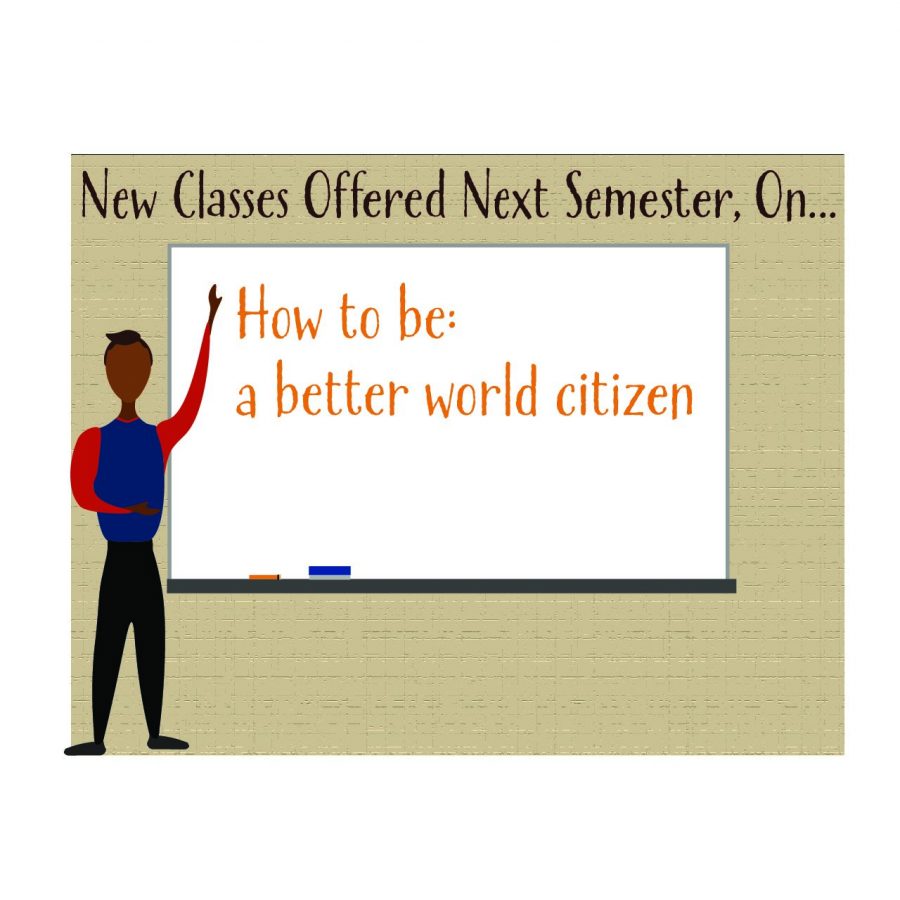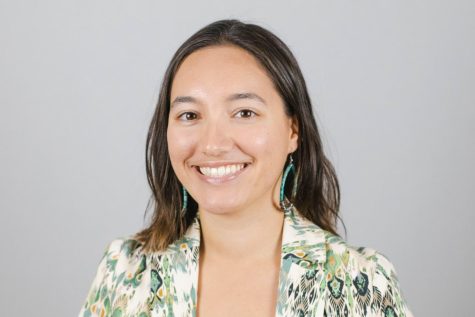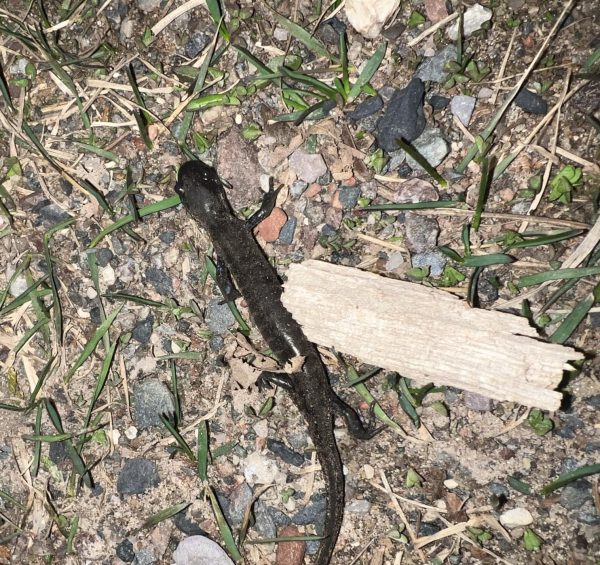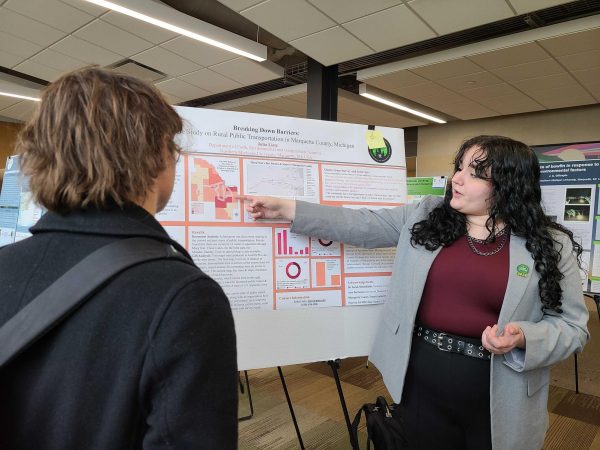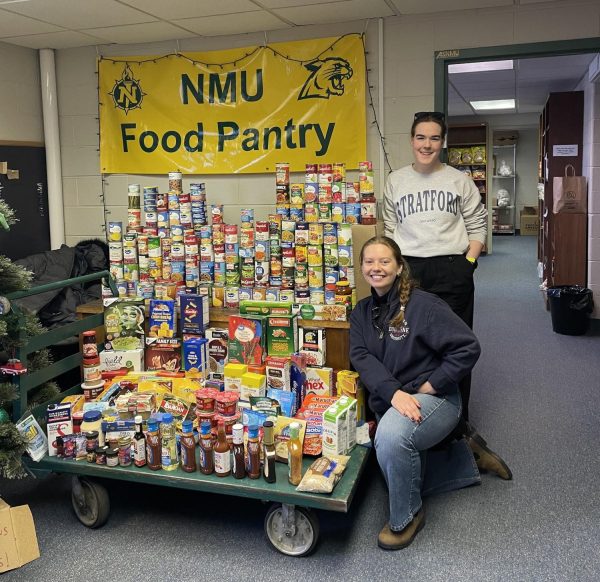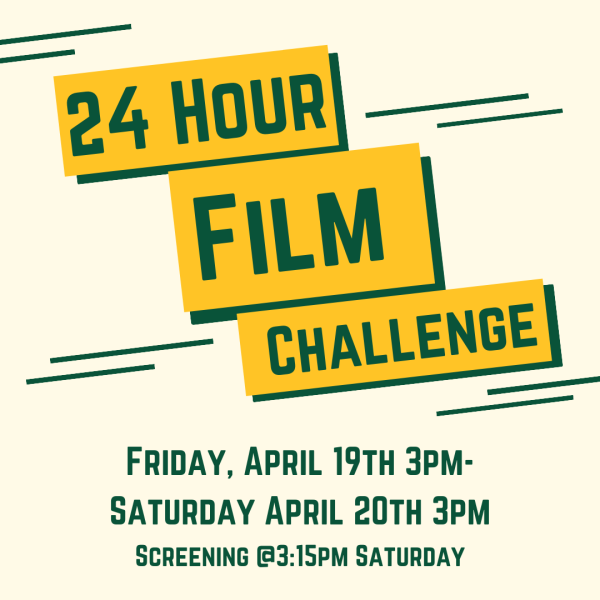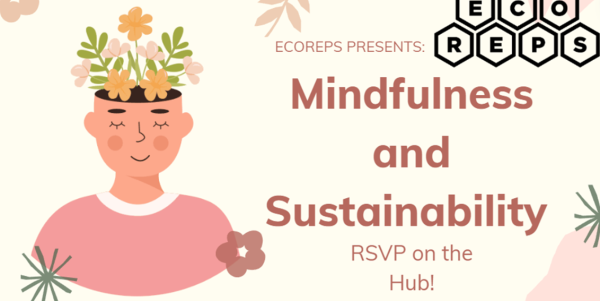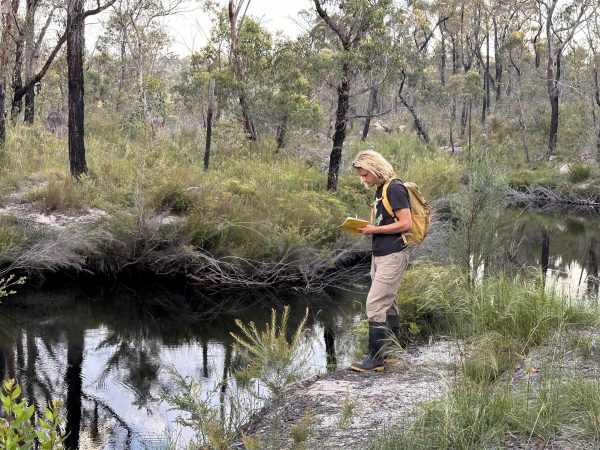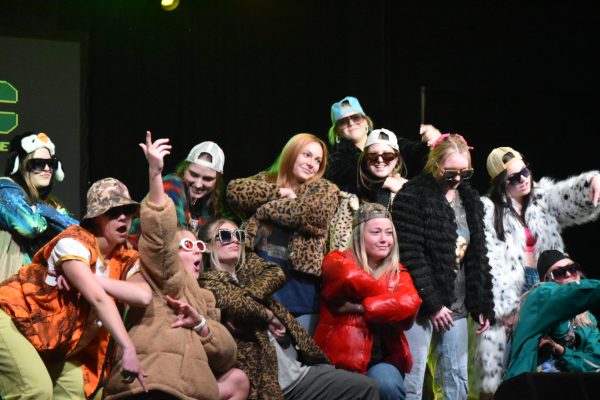Courses next semester teach anti-racism, decolonization, human rights
October 29, 2021
As course registration for the Winter 2022 semester opens up Oct. 29 through Nov. 5, students are looking at prospective classes that will not only fulfill the requirements for their major, but will broaden their views and potentially change the way they see the world.
Two of the classes that touch on some important topics like antiracism, decolonization and human rights are the Anti-racist and Decolonized Human Services (SW495) class taught by Sierra Ayres and the International Relations and Human Rights (PS495) class taught by professor Petra Hendrickson.
This is the first year both of these classes will be offered, but Ayres and Hendrickson are considering teaching them in future semesters, depending on the response each class receives.
Ayres’ course, Anti-racist and Decolonized Human Services, will focus on ways to include anti-racist and decolonization practices into our every day lives.
“I just think that there is a need for more work, and more conversation around issues of anti-racism and decolonization and not just as a metaphor or a buzzword, but as a critical piece in our practice as social workers or other human service professionals,” Ayres said. “We need to include that in the way that we interact with people, whether that be clients that we serve or our co-workers. Because there are Indigenous people there, Black people there, brown people everywhere … I think it’s important that folks have a little bit of understanding and preparation in these areas that affect so many people.”
A part of teaching anti-racism and decolonization includes defining those broad terms. For Ayres, anti-racism is a step above being not-racist and requires an introspective analysis of biases.
“The not-racist is like ‘I don’t do or say anything that’s racist.’ But anti racism is really examining is that true? Do I not do or say racist things?” Ayres said. “Because chances are, a lot of us have internal biases, stereotypes, all these things that we’ve learned in our environment and through society that have things coming up in our heads, whether we say them or act on them or not.”
In her class, Ayres hopes to introduce her students to the lesser known concept of decolonization and how it translates into our everyday lives. This includes reimagining our future around the topic of decolonization and including Indigenous voices.
“There’s not often room made for this perspective, for Indigenous voices for Black and brown voices to come through … especially in academia. We are told in the classroom all the time that our knowledge and our worldview is not as up to the professional standard of the Euro American Standard,” Ayres said. “I think also if we really want to create a better future, we have to get really serious and really radical about how we are thinking about and addressing the current issues that we want to change and the direction that we’re heading in. I think that this class is going to give me and others an opportunity to really get serious about that and get radical and think about that.”
When teaching this class, Ayres will draw on some of her own personal experiences as a community organizer, academic person and Indigenous woman.
“I definitely have a lot of personal background and experience … I grew up in my tribal community, I have very strong memories of good examples and bad examples of decolonial and colonial services,” Ayres said. “I am an Indigenous woman, so I obviously will be pulling from my own perspective, but I’m also a white Indigenous person as well. I come with a very specific experience and a very specific perspective.”
Ayres hopes to include the personal perspectives of many community members in her class as well. She will be using a diverse group of online resources to add to her curriculum, including POC Online Classroom.
“I do have a large community and group of colleagues of Black, Indigenous, queer educators and activists and knowledge keepers who I have been calling upon to look at resources,” Ayres said. “I am also hoping to pull in elders and community members to come into the classroom and talk.”
Her class is open to students of any major and Ayres said that all students are able to benefit from this class. Anti-racism and decolonization work is particularly important for people interested in pursuing careers as human service professionals such as social workers, health care providers, nurses, people who work in courts or prisons, people in education, etc., said Ayres.
“I think young people are really awesome teachers,” Ayres said. “Especially when you give students permission to be open and critical and ask questions no matter what, so I’m looking forward to seeing what kind of ideas and knowledge that this sparks for people.”
The structure of her class is expected to be discussion heavy and in a decolonized format with no hierarchical structure. This will provide a space for students to discuss the big topics surrounding anti-racism decolonization.
“I’m really excited for myself and for others to be able to explore our most wild decolonial dreams for the future. I don’t think we get the opportunity in academia to have that type of freedom,” Ayres said. “We really need to be thinking about this in a serious way if we really want to have a future that is well and inclusive and beautiful for all of us.”
Another course that sparks important global conversations is Hendrickson’s class International Relations and Human Rights.
Her class will look at issues within international law and key human rights movements.
“This class is important to me because understanding the international environment and what is and is not likely or even possible can provide us with a better understanding of why we see patterns of violence and suffering in the world,” Hendrickson said. “I think it’s important for students to learn about topics like these because it’s only with understanding that change is possible. If we as a global community feel that there needs to be more protection of human rights, for instance, or a deeper commitment to international law, there are things that can be done to encourage that, but it’s only going to work if people go into the process with a clear understanding of the challenges to making that happen.”
Hendrickson’s teaching will include a variety of discussions, lectures and guest speakers to help students interact with actual instances of international laws and human rights violations.
“I think it’s really important with these big global issues to be able to share ideas and draw on each other to help process the material,” Hendrickson said. “I can provide information and context in my lectures, but it’s through discussion and the development of an intellectual community in the class that helps students process that information and context and make connections across topics.”
Her class aims to leave students with a better understanding of what human rights look like and where they come from, the challenges of international law and examples of how human rights have been protected and violated throughout history.
“I also want students to leave with a sense of hope,” Hendrickson said. “Human rights ultimately come from people, which is also where both protections and violations come from, and while change can be difficult to bring about, it is possible, and there are ways to advocate for greater protection of human rights.”
Both Hendrickson and Ayres are looking forward to teaching their classes next semester and having discussions with students about the world we live in and how to envision a better future.





















